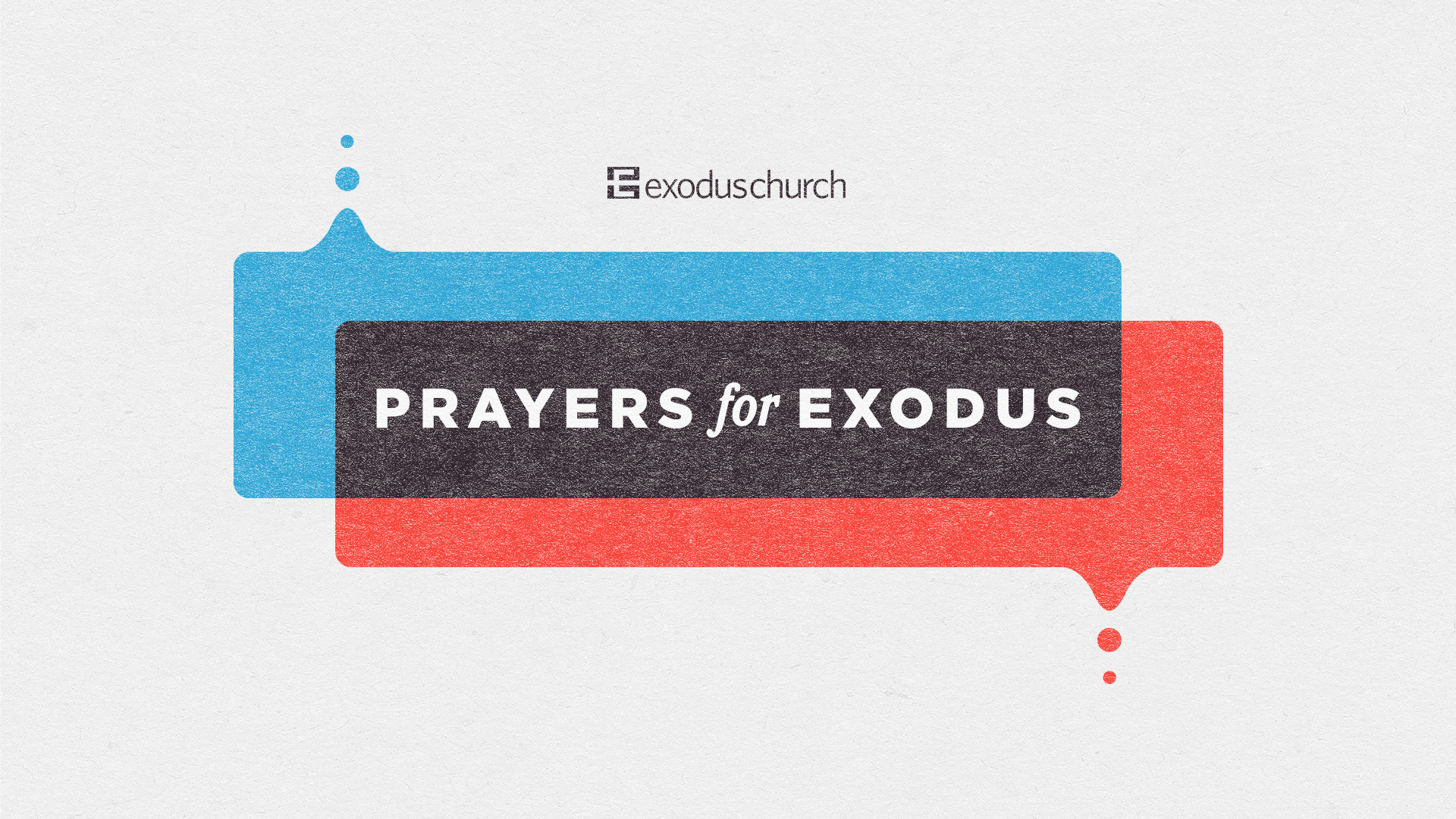This blog is in conjunction with our current sermon series entitled “Acts”.
It has been published in our Acts Devotional Guide, Volume 2. You can download it in full for Kindle on Amazon.
Deep inside of every human heart lies a special place for its hometown. This couldn’t be more accurate for Doug Logan, pastor of Epiphany Fellowship Church in Camden, New Jersey. When he was just 12 years old, Logan’s mother passed away and he was sent from the Garden State to live with his sister in North Carolina. “Living in the South was miserable for me,” Logan comments. “All I thought about was getting back home to New Jersey.” Logan remained in North Carolina to study political science at North Carolina A&T and then returned home when he was just 20 years old. “I packed my bags and moved back to New Jersey without hesitation. I love New Jersey. I love Jersey folk! I want to see cities all over New Jersey transformed by the power of the gospel.”
And, unsurprisingly, this is exactly what the Lord intended as well.
“In 2003, my mentor, Dr. Bill Crispin, unpacked for me the church planting methods of Paul as described in the book of Acts,” says Logan. “Reading the stories of men going to dangerous places to start churches moved me. It was then that Dr. Crispin showed me that those dangerous places of today are the innercity communities strewn throughout America. From then on I have felt a burden and a passion to reach the inner city for Jesus Christ.”
Pastor Logan and his family received the call to ministry in Camden in the spring of 2009. Just two years later in April 2011, Epiphany’s core team began meeting. As with most church plants, ministry in Camden comes with its own unique set of challenges. “My political science major helps me to think about making longterm community wide impact. True political scientists must have a love for the city, make inroads with community influencers, and put resources to work to make changes. In other words, that’s Church Planting 101.”
Pastor Logan shares an example of a Camdenspecific challenge they faced and how Epiphany worked to beat the obstacle in a way that would bless the community. “The city of Camden is largely run down and dilapidated, so children are often forced to play among broken glass, used needles, and old, rustedout playgrounds. We saw this as a significant need in our community. So we created the ‘E Spot.’ Basically, we restored the unkempt basketball courts in our neighborhood. We cleared out overgrown trees, repaved the cracked and brokenup basketball courts, replaced the goals, and planted shrubs and hedges to beautify the area. Now the whole community can play basketball or just hang out in a clean and welltended environment.”
When establishing a ministry, most church planters begin from scratch, without an existing congregation, building, or bank account. Pastor Logan remarks, “A major challenge we face is long term financial sustainability. With most of our residents living in poverty and most churches only supporting church plants for 13 years, this puts us in a uniquely difficult position. So, pray for us as we seek to continually establish partnerships that will stand with us as we seek to glorify God in the city.”
God’s will is carried out in mysterious ways. The challenges of church planting often become a means for the Lord to cultivate trust in his provision. Logan recounts one instance where God used an obstacle to demonstrate His sovereignty. “We were so excited to be meeting in a space near downtown Camden…too bad it didn’t last. One Thursday morning, I received a call telling me that the church needed to move out and could not meet there the upcoming Sunday or anytime in the future. So we
improvised. We moved church to my yard. We put up a makeshift tent made with tarps and 2x4s. We thought we were finished. Surprisingly, almost the entire neighborhood came out. To date, that’s been one of our most highly attended gatherings.”
There’s no perfect prescription for a successful church planter, just a perfect God. While challenges can be expected, the people at Epiphany Fellowship in Camden are illustrating that faith, rather than worldly measures of failure or success, is the ultimate goal. “I love Jesus. I love to see people come to know Jesus and walk in his ways. And I love people, especially people on the block,” Logan concludes. “When I think about church planting, those are the key ingredients: a missional disposition, a deep love for people in a particular context, and a passion for Jesus.”




